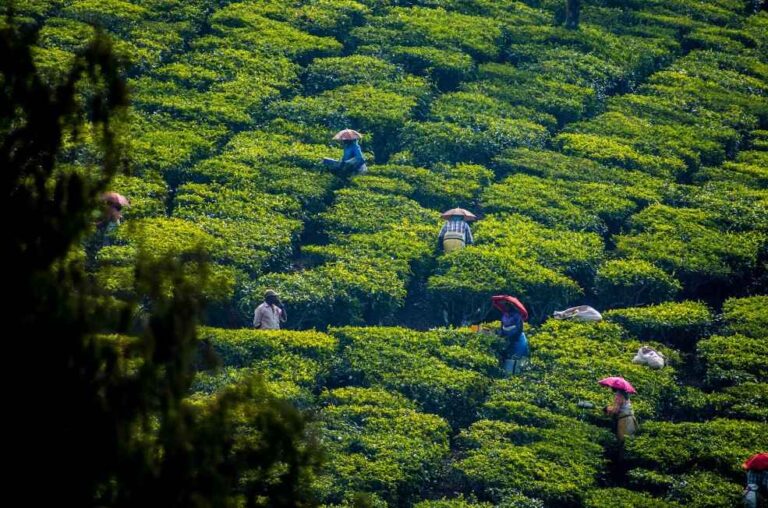Women are particularly exposed to the impacts of climate change. And the worsening of the climate crisis linked to global warming can exacerbate gender, social and intergenerational inequalities. This is explained by a substantial report published on March 5 by the Food and Agriculture Organization of the United Nations (FAO).
According to which it is necessary for adaptation policies to take into consideration the need to protect the most vulnerable categories, precisely to avoid the widening of gaps.
Table of Contents
The FAO report takes into consideration 24 nations
In the introduction of the document, entitled “The Unjust Climate”, it is recalled that “reductions in agricultural productivity have repercussions on rural economies and the agri-food systems on which populations depend, limiting opportunities of non-agricultural income, increasing food prices and disrupting markets”.
The FAO analysis takes into consideration the situations of 24 nations, mostly low or middle income. This is the case of Bangladesh, Cameroon, Armenia, the Democratic Republic of Congo, Peru, India or even Pakistan.
The effects of climate change on women, poor and vulnerable people was examined taking into account the socio-economic data of almost 110 thousand families living in rural areas. Thanks to computer models, this information was cross-referenced with that relating to meteorological observations, starting from 1950.
Greater income losses for women and the poor due to climate change
The results are clear. The increase in waves of drought or floods resulting from extreme weather events affect poor families and women much more. According to the FAO, on average, the loss of income of less well-off families is 5 percent higher than others, when it comes to dealing with heat and lack of rainfall.
And 4.4 percent in the case of floods. furthermore, the income gap between women and men is amplified by 8 percent by drought waves and by 3 percent, once again, by floods.
Poor families, for example, may find themselves forced to no longer invest in agricultural production in order to meet immediate needs. Some may be led to sell livestock, for example. But the consequences of climate change are such that it is also difficult to find alternative sources of income.
Thus, according to the report, an increase of just one degree centigrade in the average global temperature can cause 33 percent decreases in incomes, compared to the wealthiest families.
We need policies adapted to social, economic and gender categories
Women are also missing out on important opportunities to diversify their incomes due to the climate crisis. And they too become more dependent on a single source of income, which is gradually running out.
Furthermore, unlike young people, many of them struggle to migrate to try to find alternative jobs elsewhere. This is why it is necessary to adopt policies that take into account the social categories, gender and age of the populations.
These are issues that non-governmental organizations have repeatedly highlighted during, for example, the United Nations World Climate Conferences (COP) which are held every year in order to facilitate negotiations between governments around the world on question.
Yet, according to the FAO, only 6 percent of the so-called Nationally Determined Contributions (NDCs) – the promises made by each nation in terms of reducing greenhouse gas emissions – and of the adaptation plans explicitly mention, for example, the women. Only in 1.74 percent of cases do these policies integrate social protection measures.
Read also: Climate change, how to talk to kids about it












